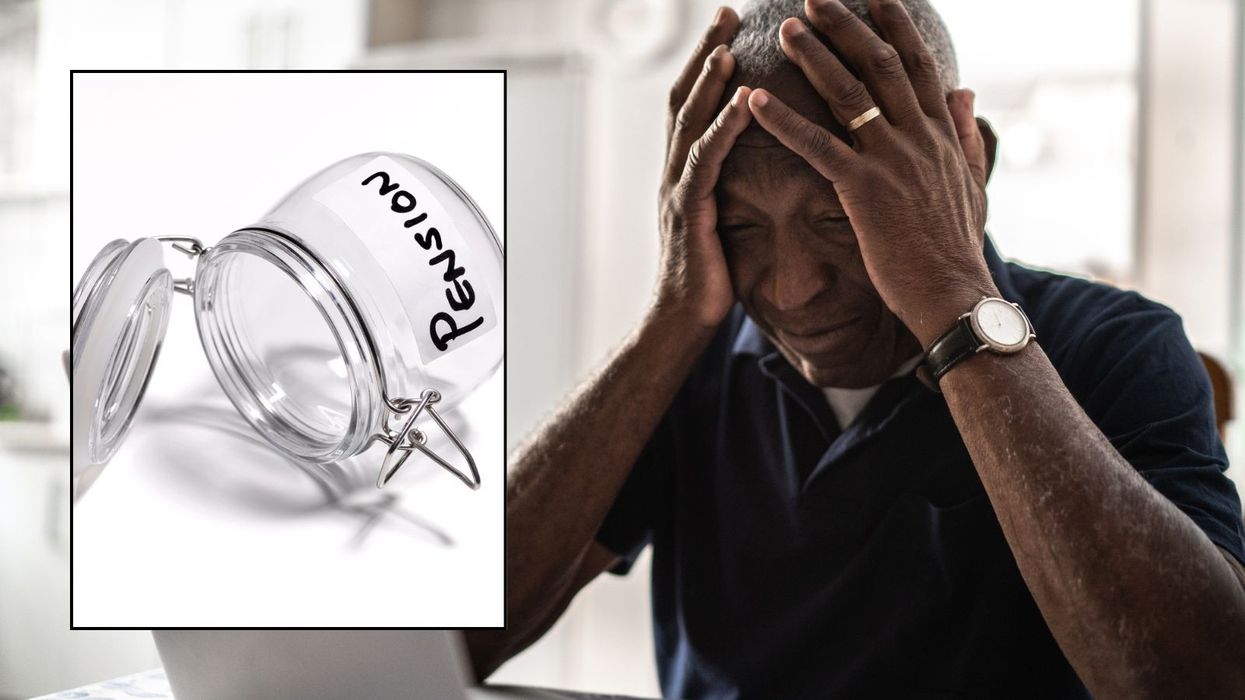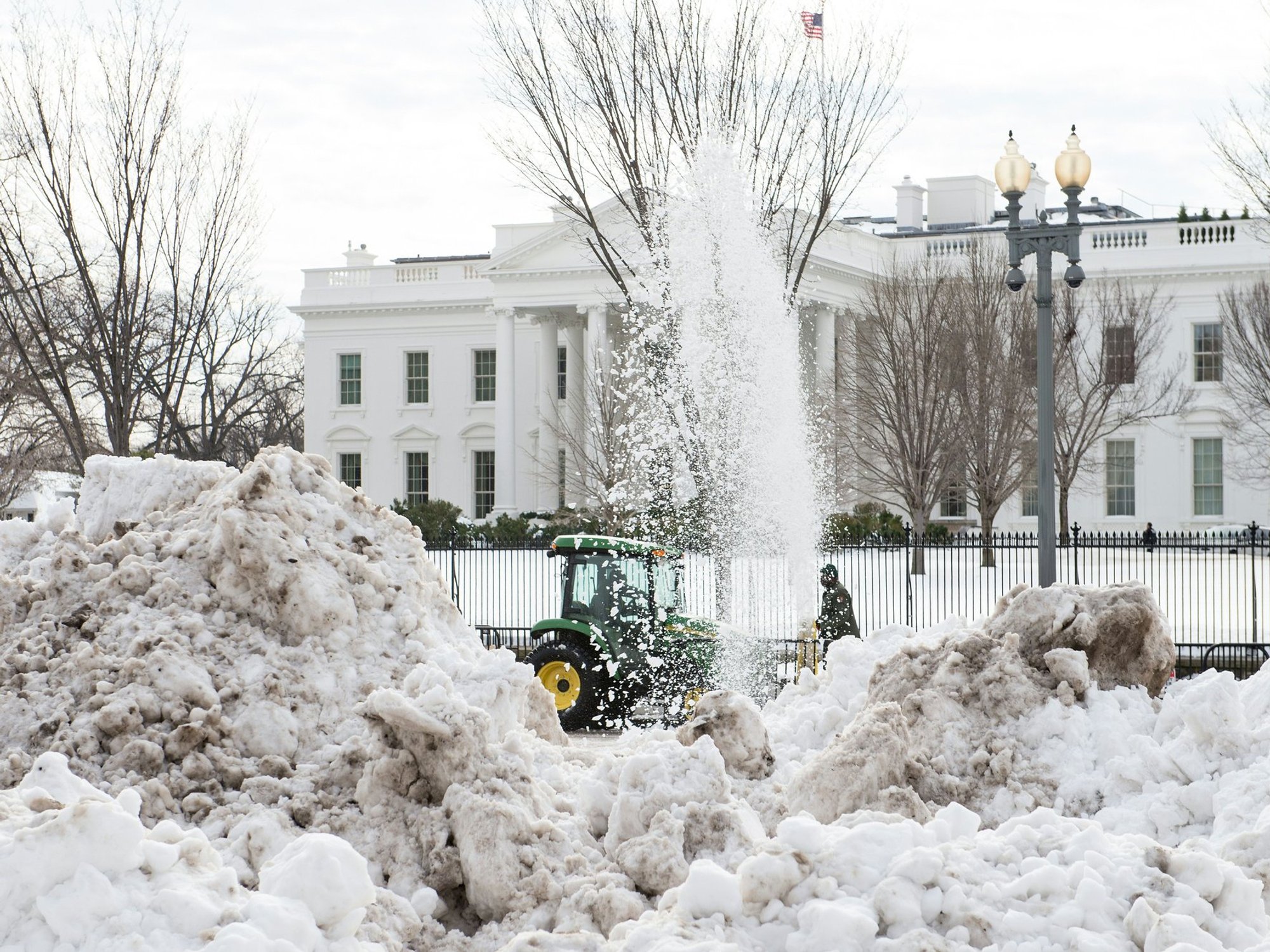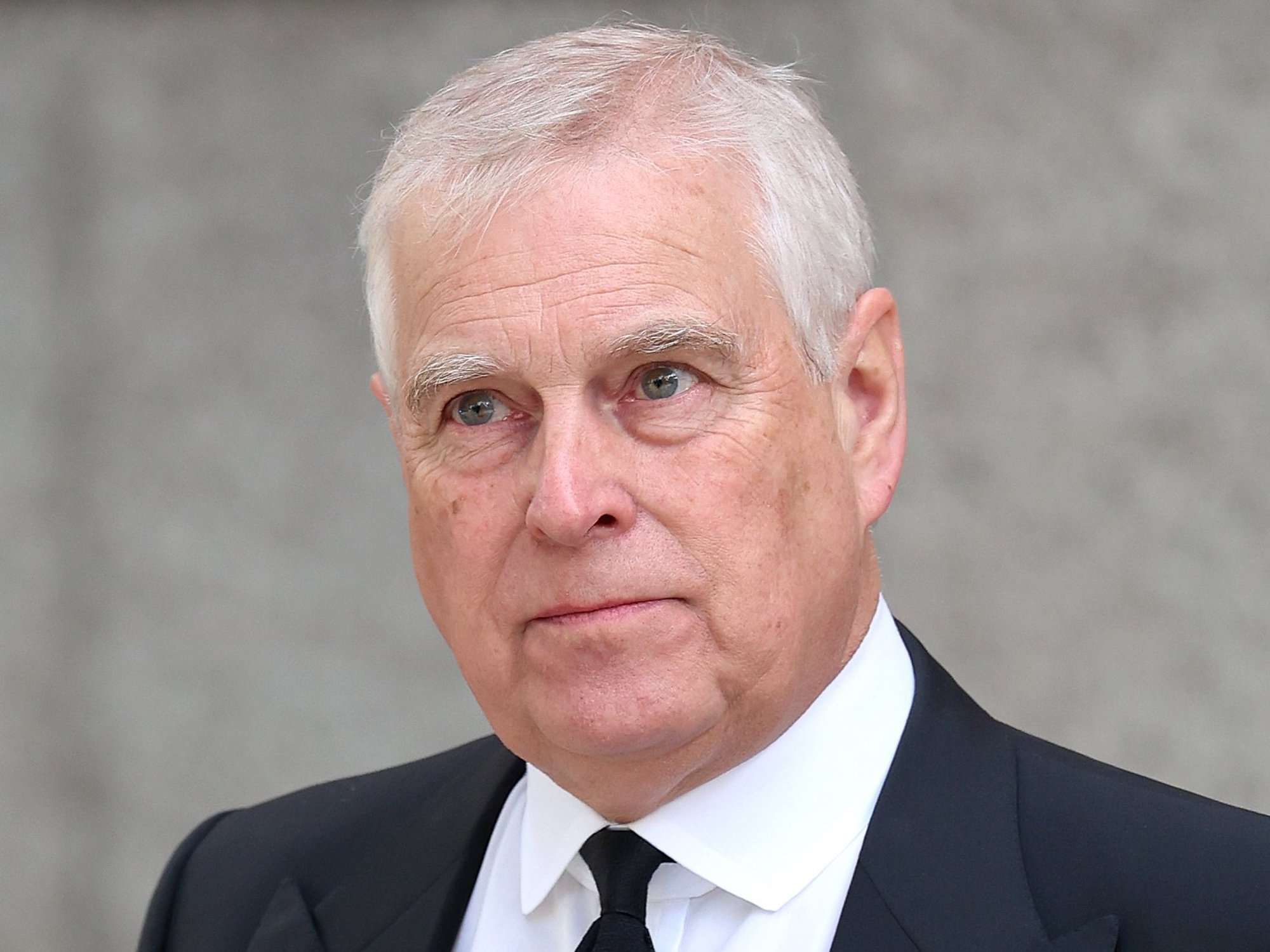State pension triple lock 'supported' by voters ahead of election - but funding could run out in 20 years

State pension funding could run out in two decades despite the public's support for the triple lock
|GETTY

The British public support the state pension triple lock but concerns have been raised about the payment's long-term funding model
Don't Miss
Most Read
The state pension triple lock and other retirement issues will likely "sway decision-making" for older voters ahead of the General Election on July 4, despite growing anxiety the benefit's funding will run out, according to new polling of the electorate.
A new, independently commissioned survey of 1,295 UK adults over 40 conducted by My Pension Expert has revealed the British public's priorities when it comes to pensions.
This comes after both main political parties, Labour and the Conservatives, have pledged to keep the triple lock on state pension payments in place during the next Parliament.
Under the triple lock, pensions are guaranteed to rise annually by either the rate of inflation, average earnings or 2.5 per cent; whichever is higher. In April, the full new state pension was raised by 8.5 per cent to £11,502.40 for the 2024-25 tax year, up from £10,600.20.
Concerns have been raised about the long-term viability of the retirement benefit due to its funding method but it appears Britons want the triple lock to remain in place for the foreseeable future.
Analysis suggests funding for the state pension could run out in the next decades without the introduction of serious reform to the pensions system.
Do you have a money story you’d like to share? Get in touch by emailing money@gbnews.uk.

Both political parties have promised to keep the triple lock in place if they win power
| PAEarlier this year, the Government's Actuary Department (GAD) shared that the National Insurance Fund reported a balance of £72.5billion from March 31, which is £4.8billion higher than last year's report.
As such, the latest state pension hike is estimated to have raised total benefit expenditure by £10.8bn with payments from the Fund forecast to surpass receipts by £3.2bn by the end of the tax year.
At this stage, the National Insurance Fund's balance is predicted to drop as benefit expenditure is estimated to exceed contribution income annually up to 2028-29.
On top of this, if there is a projected hike in the number of people who are set to become state pensioners relative to the working-age population, this would raise Fund expenditure relative to income.
As such, if there is no additional funding coming in, the National Insurance Fund could be exhausted in the next 20 years, according to the GAD. Despite this forecast, the voting public are in favour of keeping the state pension's current funding model.
Based on My Pension Expert's survey, 51 per cent of respondents said that a political party’s commitment to maintaining the triple lock would significantly influence their voting intentions on July 4.
Furthermore, only 23 per cent described the state pension triple lock as a burden on the taxpayer and public finances. Notably, 57 per cent of those polled by My Pension Expert admitted that their financial plans for retirement would be hurt if the yearly payment rise was scrapped.
Funding for the benefit comes from general taxation and National Insurance contributions, with Britons needing 35 years under their belt to receive the full, new amount.
Lily Megson, the policy director at My Pension Expert, said: “The verdict’s in. By in large, over-40s are in support of the government’s triple lock policy and the protection it affords their future finances.
"Indeed, over half indicate that it will sway their decision-making when the time comes to cast their ballot next month.”
LATEST DEVEOPMENTS:
 Pensioners face being taxed on the state pension as it increases by the triple lock but the personal allowance remains frozen | GETTY
Pensioners face being taxed on the state pension as it increases by the triple lock but the personal allowance remains frozen | GETTY“Both the Conservative and the Labour parties’ election manifestos have committed to upholding the triple lock, highly reflective of an electorate that’s laser-focused on pension stability.
"But what comes next will be even more critical; our next government must follow through with their policy promises to voters to help Britons achieve the retirement they so sorely deserve.”
Ahead of voters going to the poll, the Tories have floated raising the tax-free allowance on pensions to ensure Britons do not lose money from their state pension to HM Revenue and Customs (HMRC).
So far, the Labour Party has refused to commit to a similar policy to end the current freeze on tax thresholds.










